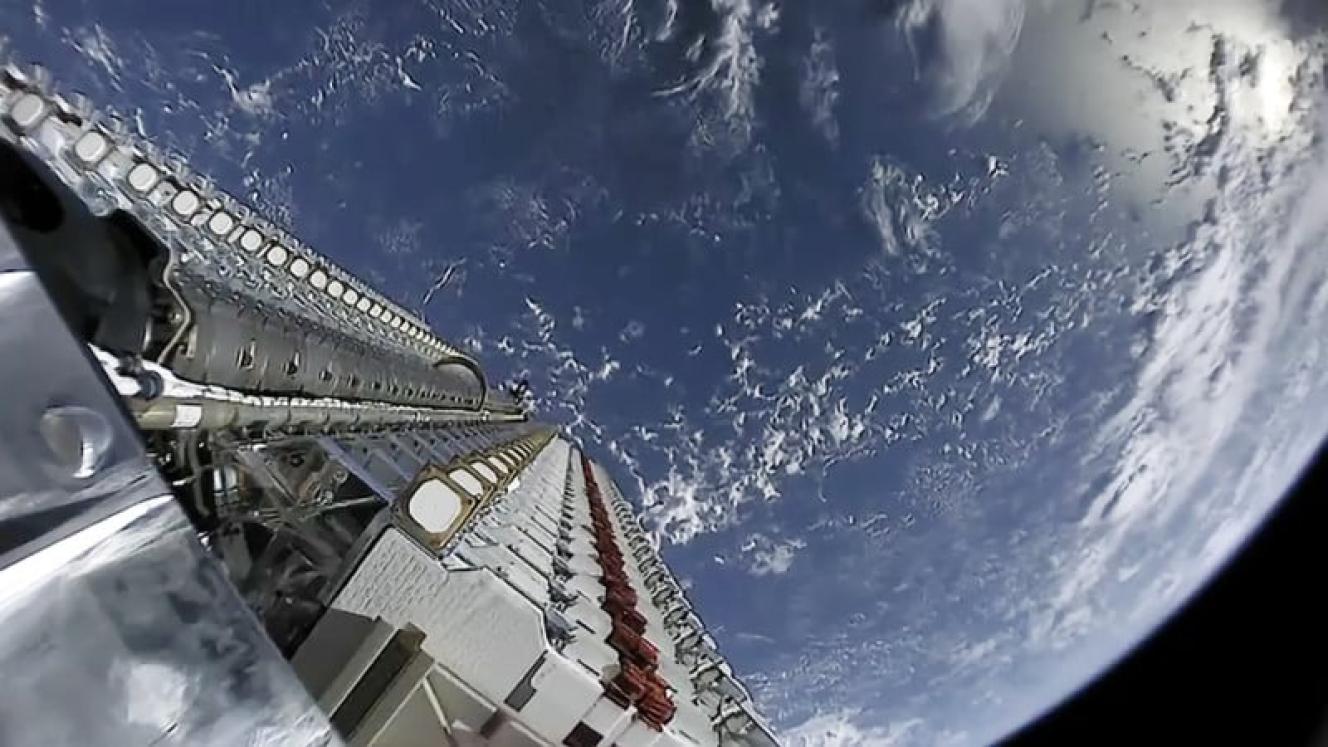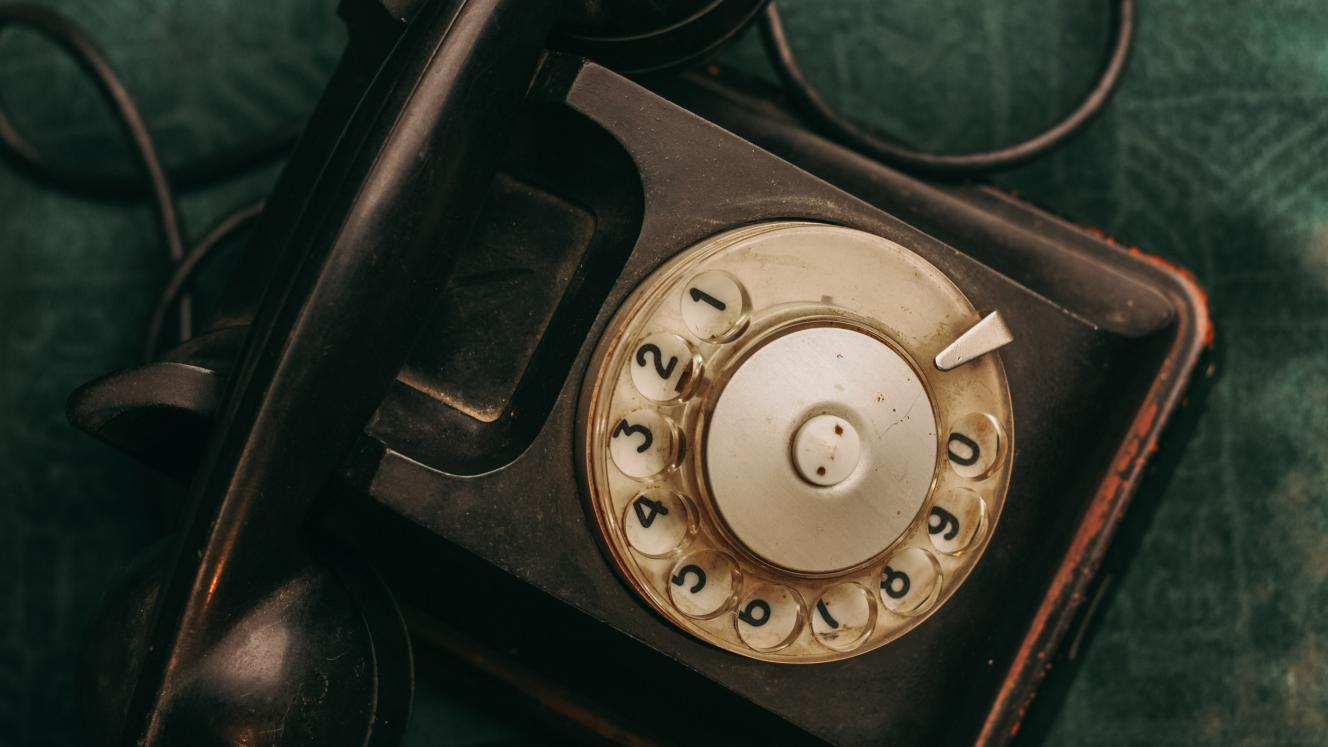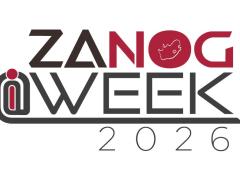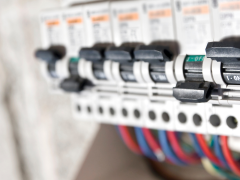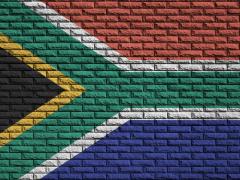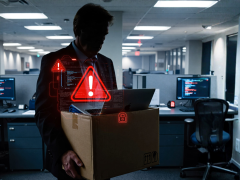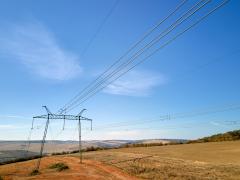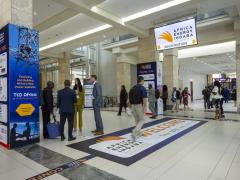On 23 May 2025, the Minister of Communications and Digital Technologies published a draft policy direction for the Independent Communications Authority of South Africa (ICASA). The direction calls on ICASA to urgently consider aligning the ownership principles in the generic and ICT Sector Codes of Good Practice (B-BBEE Codes) (published under the Broad-Based Black Economic Empowerment Act 53 of 2003 and administered by the Minister of Trade, Industry and Competition), and ICASA's Ownership and Control Regulations (published in 2021). Members of the public have until 7 July 2025 to submit comments (via email to bbbee@dcdt.gov.za) on the draft policy direction.
The debate should be about broadband for all, and in particular for the people in deep rural, mountainous areas of South Africa, where cellular services are of no use and where they can be provided, but are unaffordable.
In a recent article by the law firm Webber Wentzel, the firm explained that currently, telecommunications and media licensees in South Africa must apply one set of rules to measure ownership by historically disadvantaged people (HDPs) under ICASA's regulations and a different approach when they get their BBBEE certificates to measure ownership by Black people under the BBBEE Codes.
Alignment between the two frameworks would clarify how telecommunications and media licensees should calculate and measure the extent of their ownership by HDPs for compliance with ICASA's regulations. It would allow telecommunications licensees to rely on all the provisions of the BBBEE Codes to fulfil ICASA's requirements.
ICASA's regulations require individual licensees to be at least 30% owned by historically disadvantaged people (ie, Black people as defined in the B-BBEE Act, women, youth and persons with disabilities), and to be a Level 4 B-BBEE contributor. There is a separate requirement for individual licensees also to be 30% owned by Black people, specifically, but this requirement is not yet in force. Class licensees must be Level 4 B-BBEE contributors, but they are not required to comply with any minimum equity ownership percentage.
The general media has been abuzz with comments from politicians that focus on Elon Musk and his stance on South Africa, rather than highlighting a successful low-earth orbit satellite service that can almost overnight address the lack of connectivity in rural South Africa. It would provide many local service providers with the opportunity to set up hubs in small villages and connect them to the world. Some commentators even said, “We don’t need Musk because South Africa can put up its own satellite.”
Webber Wentzel also wrote in their article: After receiving comments on the draft policy direction, the minister will have to consider whether to make any changes before issuing it to ICASA. ICASA will then have to consider the policy direction and decide whether to amend its regulations. If ICASA does elect to amend its regulations, this process would also be subject to the public participation process.
Let’s hope that ICASA will realise the urgency of the matter so that local service providers can expand their services and connect every village in South Africa to the world of the internet, thereby solving the digital divide and fostering prosperity.

